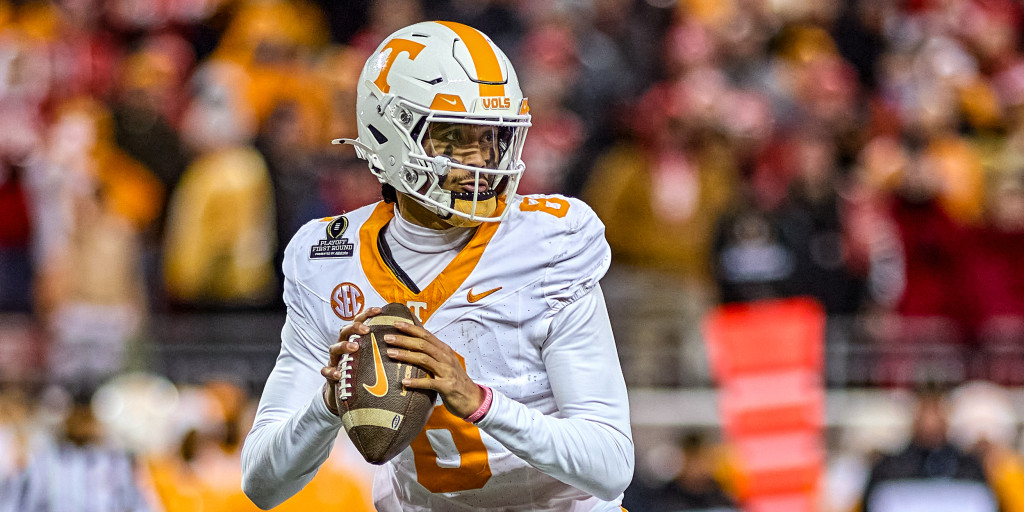Revolt in College Sports: NIL Contracts Spark Unprecedented Upheaval

In a surprising turn of events, Nico Iamaleava, who was once the shining star quarterback for Tennessee, has decided to part ways with the team. The young talent's departure stems from his pursuit of a more lucrative Name, Image, and Likeness (NIL) deal, highlighting the growing impact of financial opportunities in college football.
Iamaleava's decision underscores the evolving landscape of collegiate athletics, where top players are increasingly empowered to seek out the most advantageous opportunities for their personal brand and financial future. His transfer signals a bold move that prioritizes potential earnings over team loyalty, a trend that has become increasingly common in modern college sports.
While Tennessee will undoubtedly feel the loss of their former quarterback, Iamaleava's bold step serves as a testament to the changing dynamics of college football recruitment and compensation.
